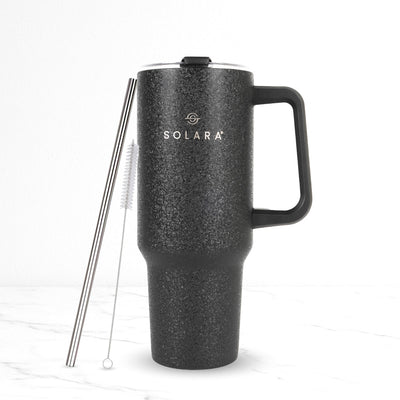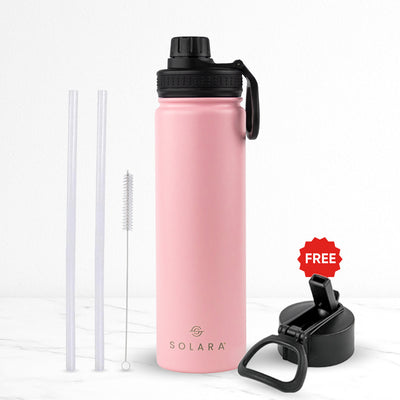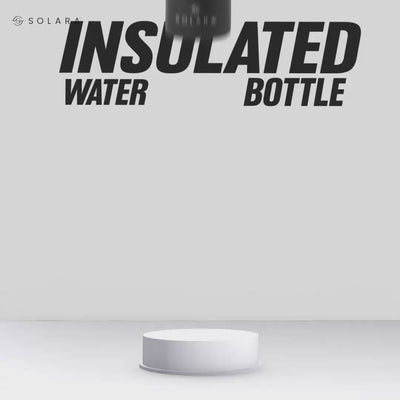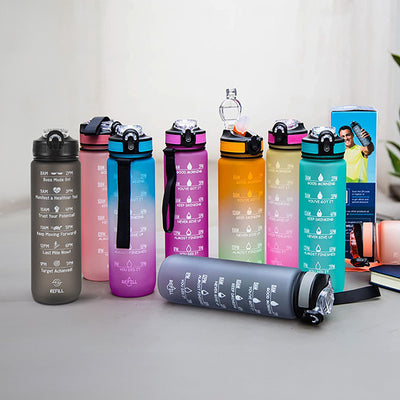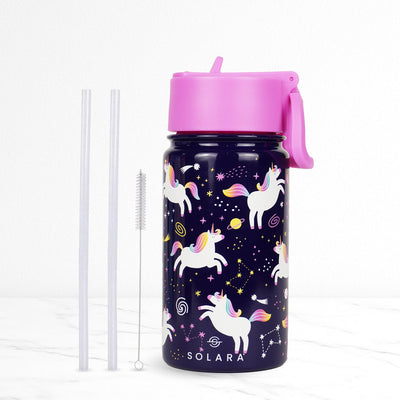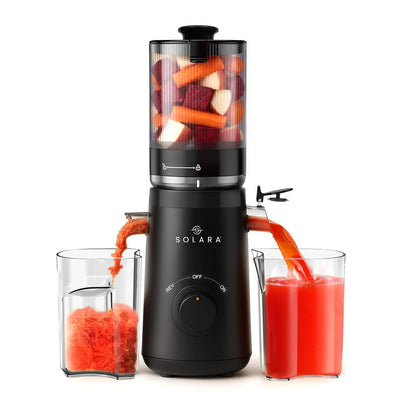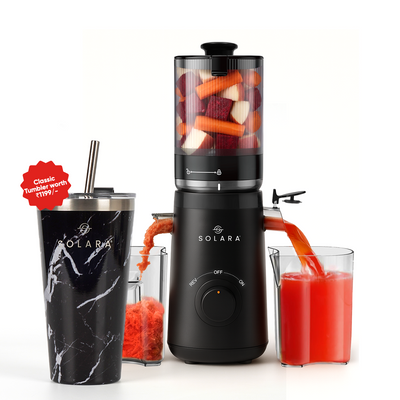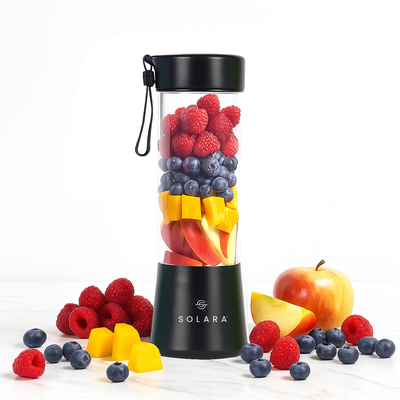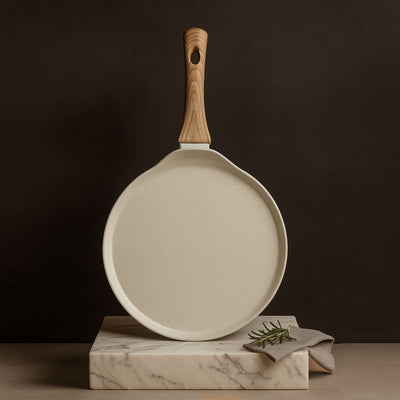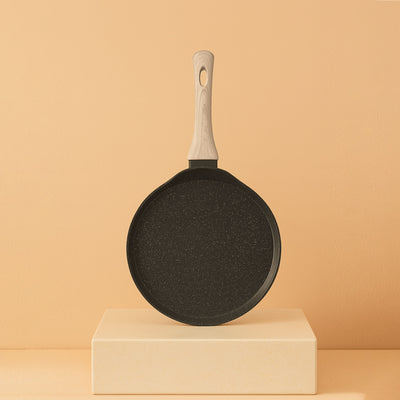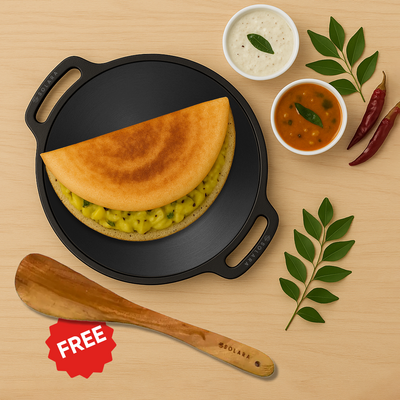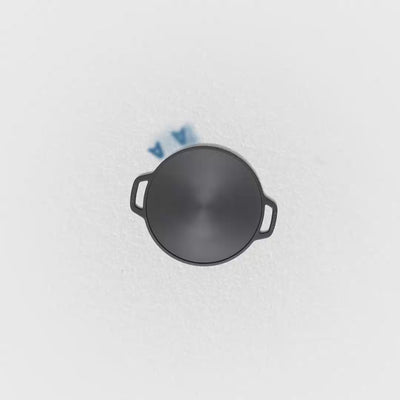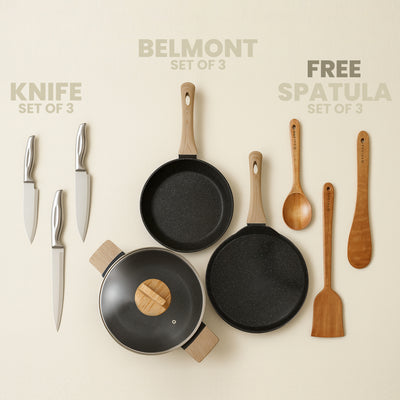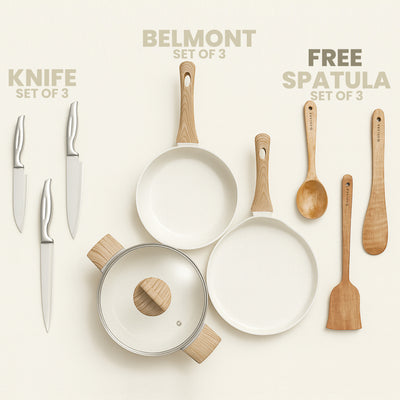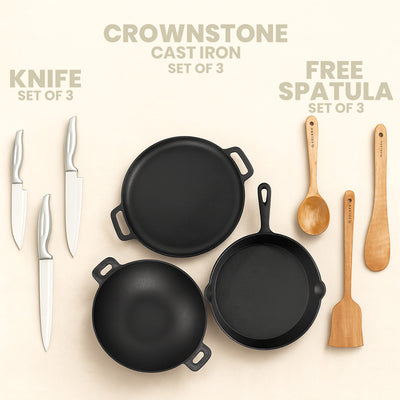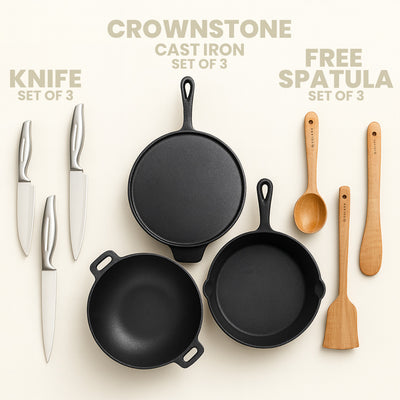In today’s fast-paced world, the cookware we choose is more than just a kitchen essential it’s a reflection of our lifestyle, values, and how much we care for our loved ones. When it comes to choosing between cast iron and non-stick cookware, the debate is both passionate and personal. Let’s explore the soulful story behind each, their making, materials, benefits, and which one truly deserves a place in your heart…and kitchen.
What is Cast Iron Cookware & How Is It Made?
Cast iron cookware is crafted from molten iron poured into sand molds. Once cooled, the solid iron is polished and sometimes pre-seasoned with vegetable oil. This timeless process, which dates back over 2,000 years, gives cast iron its iconic rustic look and long-lasting durability.
- Material: 100% iron
- Finish: Naturally non-stick when seasoned
- Life Span: Can last generations if cared for properly
The beauty of cast iron lies in its raw authenticity it contains no synthetic coatings, no harmful chemicals, just pure iron. It's like cooking with a piece of history that only gets better with age.
What is Non-Stick Cookware & How Is It Made?
Non-stick cookware is typically made from aluminum or stainless steel, coated with a synthetic chemical layer, most commonly Teflon (PTFE) coatings.
Teflon (PTFE): Polytetrafluoroethylene, a synthetic compound known for its slick surface.
PFOA (Perfluorooctanoic acid): Previously used in non-stick coatings; linked to health risks and largely phased out by most manufacturers after 2015.
While non-stick pans offer unmatched ease and convenience, the chemical coatings can degrade at high heat (above 260°C or 500°F), releasing toxic fumes and reducing the pan’s longevity.
Cast Iron vs Non-Stick: Key Differences
| Feature | Cast Iron | Non-Stick |
|---|---|---|
| Material | 100% pure iron | Aluminum or steel with chemical coatings |
| Heat Retention | Excellent | Moderate |
| Durability | Lifetime (generational) | 2–5 years on average |
| Chemical-Free | Yes | Often contains synthetic chemicals |
| Maintenance | Requires seasoning, rust-prone if neglected | Easy to clean but coating wears off |
| Cooking Style | Great for high-heat, searing, baking | Ideal for low-oil cooking, eggs, pancakes |
| Weight | Heavy | Lightweight |
Why Cast Iron Is Often Preferred in Homes
- Healthier Cooking: No synthetic coatings; adds trace amounts of iron to food
- Eco-Friendly: Built to last decades, reducing kitchen waste
- Multifunctional: Can go from stovetop to oven effortlessly
- Natural Non-Stick Surface: Gets better with use and love
Non-stick pans, while convenient, often end up in landfills every few years. Cast iron, however, is the cookware your grandmother swore by and probably still owns.
Common Uses of Cast Iron Cookware
- Searing meats for bold, caramelized flavors
- Making crispy dosas or parathas
- Baking cornbread, brownies, or rustic pies
- Stir-frying veggies at high heat
- Campfire or oven-friendly dishes
Common Uses of Non-Stick Cookware
- Cooking eggs, omelets, and crepes
- Pancakes and French toast
- Delicate fish or sticky sauces
- Oil-free sauteing for quick meals
Benefits Summary
Cast Iron
- Naturally chemical-free
- Superior heat retention
- Long-lasting (even heirloom-quality)
- Adds iron to diet
Non-Stick
- Lightweight and easy to handle
- Quick cleanup
- Requires less oil
- Great for quick, low-fat meals
Conclusion: Which One Should You Choose?
If you're someone who values health, heritage, and long-term quality, cast iron cookware is the soulful, dependable choice that aligns with a sustainable, nourishing lifestyle.
However, if your focus is on speed, simplicity, and easy cleanups, non-stick cookware has its place especially for quick breakfasts or beginner cooks.
But remember: the best cookware isn't just about convenience it's about what feeds your family’s well-being, joy, and legacy.
Recommended Articles :
Cast Iron Cookware Safety: What Every Home Chef Should Know
What Makes Cast Iron Cookware a Beloved Essential in Every Classic Kitchen?
How to Gracefully Season Your Beloved Cast Iron Dosa Tawa to Craft Perfect Dosas with Ease

